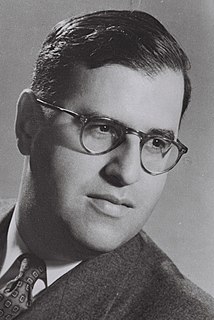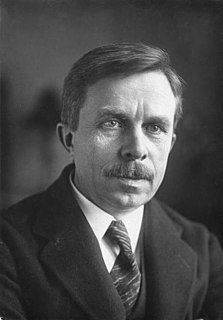A Quote by Abba Eban
A nation writes its history in the image of its ideal.
Related Quotes
The settler makes history and is conscious of making it. And because he constantly refers to the history of his mother country, he clearly indicates that he himself is the extension of that mother country. Thus the history which he writes is not the history of the country which he plunders but the history of his own nation in regard to all that she skims off, all that she violates and starves.
The heart of assimilation process of absorbing minorities lies in the self-image of a nation. There are, as you will know, big differences for instance between the self-image of the French and the English. And the Germans, in accordance with their rather chequered history, had at least in the past very little capacity for absorbing minorities.
I must say a few words about memory. It is full of holes. If you were to lay it out upon a table, it would resemble a scrap of lace. I am a lover of history . . . [but] history has one flaw. It is a subjective art, no less so than poetry or music. . . . The historian writes a truth. The memoirist writes a truth. The novelist writes a truth. And so on. My mother, we both know, wrote a truth in The 19th Wife– a truth that corresponded to her memory and desires. It is not the truth, certainly not. But a truth, yes . . . Her book is a fact. It remains so, even if it is snowflaked with holes.
When I speak of the aspiration towards the beautiful, of the ideal as the ultimate aim of art, which grows from a yearning for that ideal, I am not for a moment suggesting that art should shun the 'dirt' of the world. On the contrary! the artistic image is always a metonym, where one thing is substituted for another, the smaller for the greater. To tell of what is living, the artist uses something dead; to speak of the infinite, he shows the finite. Substitution... the infinite cannot be made into matter, but it is possible to create an illusion of the infinite: the image.
[Even the mechanism can be endowed with an image. Thus] the thermostat has an image of the outside world in the shape of information regarding its temperature. It has also a value system in the sense of the ideal temperature at which it is set. Its behavior is directed towards the receipt of information which will bring its image and its value systems together.








































